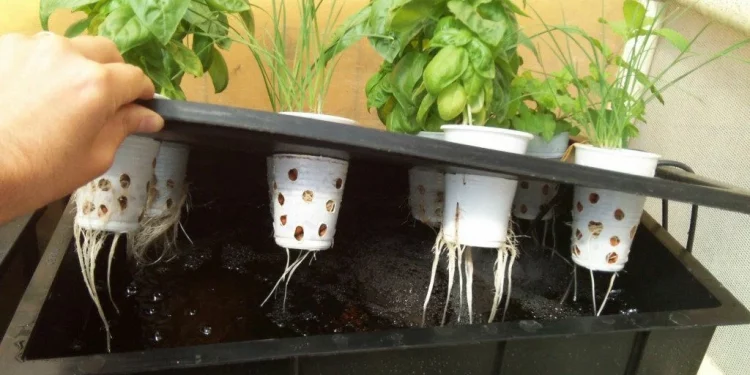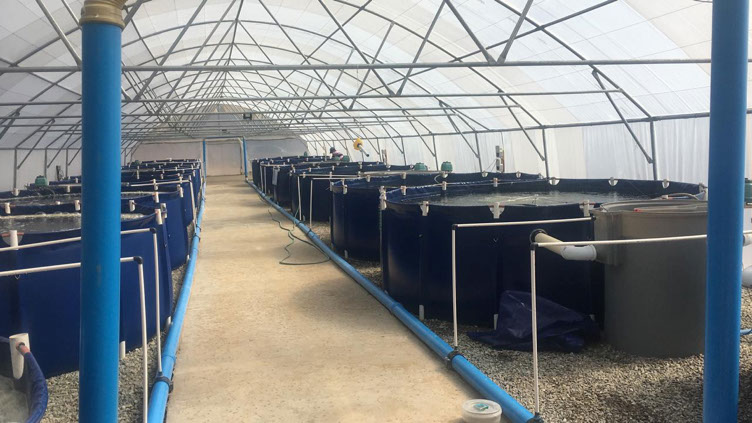Explore the crucial role of boron supplementation in hydroponic farming and its profound impact on plant growth, nutrient uptake, and overall crop productivity. This article presents the latest data and insights on incorporating boron into hydroponic systems, catering to the interests of farmers, agronomists, agricultural engineers, farm owners, and agricultural scientists.
Introduction:
Hydroponic farming has emerged as a cutting-edge approach to plant cultivation, providing controlled environments and optimal resource utilization. To maximize the potential of hydroponic systems, understanding the importance of essential micronutrients is vital. In this article, we delve into the application of boron in hydroponic plant growing, exploring its influence on plant growth, nutrient assimilation, and overall crop performance. By harnessing the power of boron, farmers can unlock the key to thriving hydroponic crops.
The Power of Boron:
Boron is an essential micronutrient that plays a pivotal role in numerous physiological processes within plants. It is involved in cell wall formation, pollen germination, and the transport of sugars. Adequate boron levels are necessary for optimal growth, fruit development, and overall plant health.
Data on Boron’s Impact in Hydroponic Systems:
A study conducted by the Department of Horticulture at Cornell University investigated the effects of boron supplementation on hydroponically grown strawberries. The research revealed that plants provided with optimal levels of boron displayed significant improvements in growth and yield parameters. These included increased shoot and root biomass, enhanced fruit set, and improved fruit quality compared to boron-deficient plants.
Furthermore, boron played a crucial role in nutrient uptake and assimilation. The study demonstrated that boron-enriched hydroponic systems facilitated better absorption of essential nutrients, such as calcium and potassium, leading to improved plant nutrition and overall crop productivity.
Consequences of Boron Integration in Hydroponic Farming:
The integration of boron into hydroponic farming practices carries notable consequences. Firstly, the optimal supply of boron enhances plant growth and development, ensuring the production of healthy and robust plants. This directly translates into increased yield and profitability for farmers engaged in hydroponic cultivation.
Additionally, boron supplementation in hydroponic systems contributes to improved fruit quality. Boron is known to influence sugar transport and metabolism within plants, enhancing fruit flavor, color, and nutritional attributes. By incorporating boron, farmers can produce high-quality and marketable hydroponic crops.
Conclusion:
Recognizing the significance of boron in hydroponic farming is paramount to achieving optimal plant growth, nutrient uptake, and overall crop performance. By harnessing the power of boron, farmers, agronomists, agricultural engineers, farm owners, and agricultural scientists can unlock the full potential of their hydroponic crops. The integration of boron promotes healthy plant development, nutrient assimilation, and superior fruit quality, paving the way for successful and sustainable hydroponic farming.
Tags: #boron #hydroponics #plantgrowth #nutrientuptake #fruitquality #sustainableagriculture #agronomy #agriculturalengineering #farmers #farmowners #agriculturalscientists











